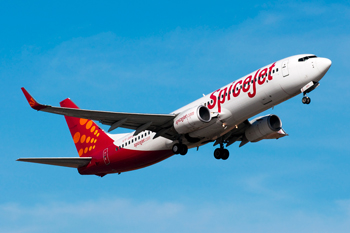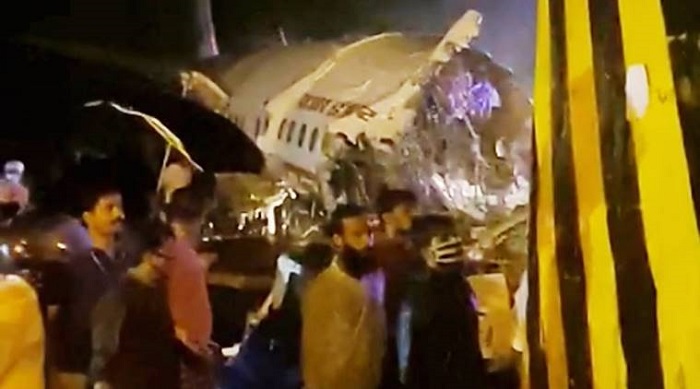New Delhi, Oct 22: Jet Airways and SpiceJet on Tuesday launched yet another fare war in the domestic market ahead of Diwali, announcing limited-period one-way all-inclusive economy fares starting Rs 899.
 Both airlines said the low-priced tickets were on offer for travel between November one and December 15. While SpiceJet's sale began today and would be on till October 26, Jet's offer would start tomorrow and last till that date.
Both airlines said the low-priced tickets were on offer for travel between November one and December 15. While SpiceJet's sale began today and would be on till October 26, Jet's offer would start tomorrow and last till that date.
Travel industry sources expected more airlines to join the competition shortly. AirAsia India had begun such a sale with fares at Rs 999 earlier this week.
For no-frills SpiceJet, the all-in fares starting at Rs 899 were available for short distance travel between sectors like Bangalore-Chennai-Kochi. While on Bangalore-Goa sector, a one-way ticket price would start at Rs 1,599, for the rest of India, the starting fare would be Rs 2,499.
Maintaining that the low fares were on offer for all its direct domestic flights, a Jet statement said the offer was not applicable on group bookings and available on first come, first serve basis.
The overall airfares for advance bookings have remained on the lower side even during the peak holiday season, which has been a welcome change for passengers, with travel portals and agents anticipating that SpiceJet's move would be followed up by other competing airlines.
In his reaction, travel portal Yatra.com president Sharat Dhall said the latest offer from SpiceJet would attract travellers to make early winter season bookings.
"We definitely anticipate other major airlines responding to the sale shortly and expect a significant increase in bookings over the next few days as travellers look to benefit from these discounted fares," he said.
The sales would encourage travel in the months of November and early December, which is a relatively leaner period in an otherwise peak season for travel, Oak said, adding that such sales enable airlines to drive purchases further out, improve forward-loads and yields by filling up seats earlier.






Comments
Add new comment